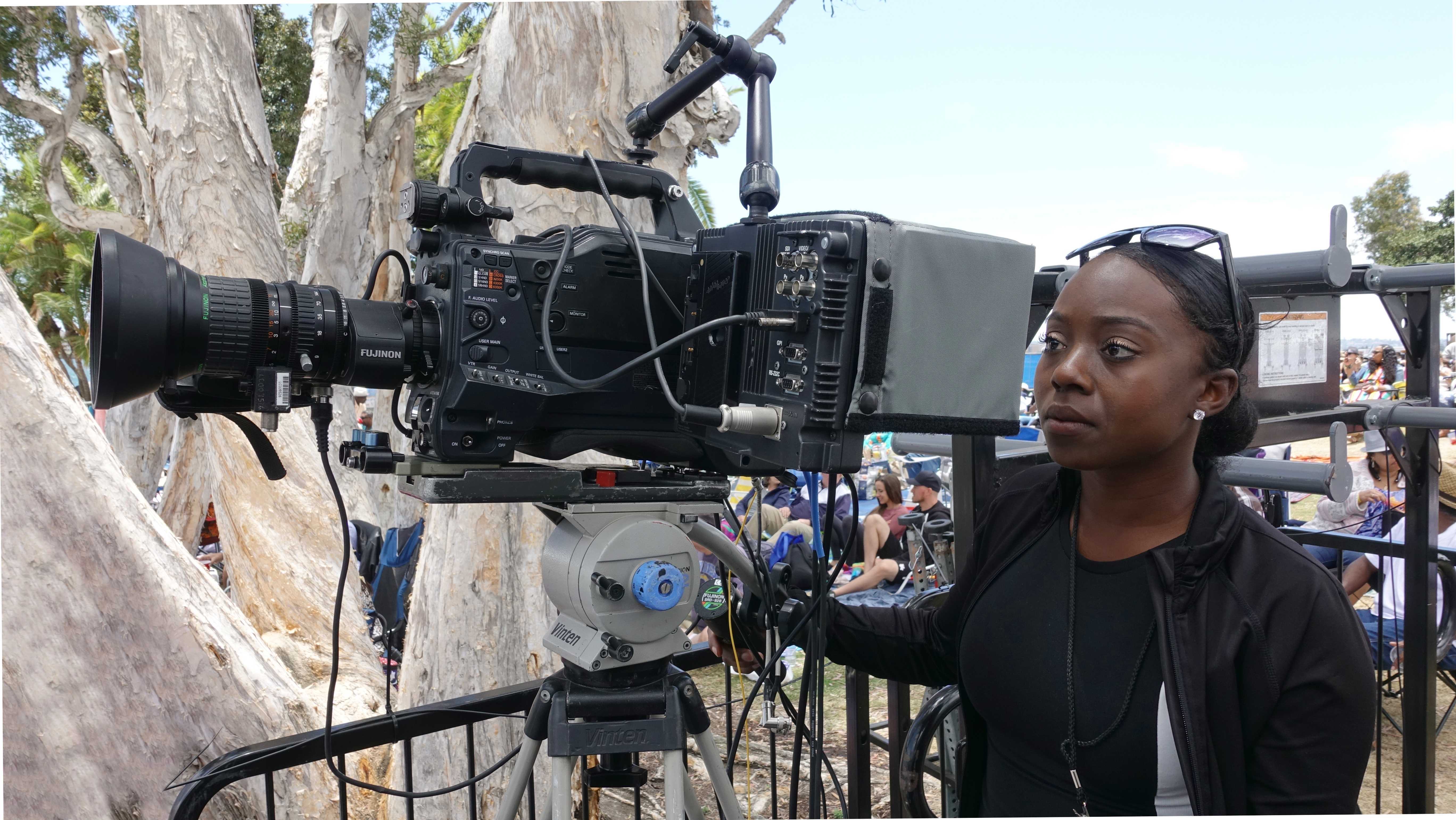Denis Waitley once said that “Time is the most precious element of human existence,” yet people make time out of their busy schedules to sit on a spot to watch a film, series or play. Knowing this, as a scriptwriter, you have a duty to ensure the experience is memorable. How can one ensure that those 30 – 150 minutes of an audience’s time is well spent? What elements must one consider to make the audience invested in the story?
In this article, we dig into these pointers and why they are relevant. So, without further ado, here are some factors to consider when writing a film.
A fascinating script
Think of your favourite movie; what makes it tickle your fancy so much? The characters? The visuals? The dialogue? All those come from a well-written script. Without a film script, there is undoubtedly no film. A script is the blueprint of a film; it encompasses the visual and auditory features of the story. It describes the characters and the actions they will take explicitly such that the filmmakers can envisage them, capture their essence and bring them to life.
A memorable script consists of suspense or twist, steering emotions along with it. It consists of lines that can resonate with the audience, stick with them and earn a special place in their hearts and their list of top-ranking movies. To take your scriptwriting game up a notch, here are some pointers to consider:
- Draw inspiration from many sources
- Create a roadmap before you commence
- Always make final edits even after the script is done
- Make your opening count by teasing people a little on what to expect in the coming scenes
- Create conflict and tension to keep the audience on their toes
Good structure
At some point in our lives as kids, we believed that every story is supposed to start with ‘once upon a time’ and end with ‘and they lived happily ever after’. However, ensuring your movie is unpredictable is one way to catch your audience’s attention. So why not give a spin to how your movie’s storyline is structured? Some slight tweaks you can make to a script to give it a dynamic approach include:
- Deepening your plots with subplots
- Making important parts effective, such that they are easily recognized as major scenes
- Making it unpredictable, so viewers cannot quickly unravel the film as it progresses.
Knowing this, there are a couple of film structures your script can follow :
Linear structure: This structures your story in a simplified and direct manner. It can include flashbacks, but most of it is told in the exact order it occurs. Most movies take this pattern, a good example is The Wedding Party.
Nonlinear structure: This type of structure tells the story in a disjointed way. They can take a form such as flashforwards, flashbacks or dream sequences. A great movie that takes this format is the Citation.
Circular structure: Can you remember a movie where the story ends the way it began? If yes, that’s how a circular structured film is. If not, proceed to see Lost Highway.
Parallel structure: Movies with this structure follow multiple storylines which are tied together. The 1994 black comedy classic, Pulp Fiction, followed this structure.

Captivating characters
Remember Harry Potter? Harry is known to be a fictional icon and has been described by many as one of the greatest literary and film characters of all time. The role was so spellbinding that people could not imagine the actor – Daniel Radcliffe – taking on another role. That is what happens when characters are peculiar. They make films memorable.
The demeanour of the characters you write about needs to be captivating enough to make the audience emotionally invested in them. Every film character plays a role in a film, either as a lead, supporting or an extra; hence, how they are written about has to fit into how relevant they are to the story. Here are some tricks to help you when writing about your movie characters:
- Try to make your characters relatable by putting them in ordinary situations before they shine
- Choose the right name that fits the story and the location
- Create a character arc – the life path the character will face throughout the story
- Envision the right actors to play the role
Have a clear message
A story is an account of an event; this means that for a story to exist, there has to be a series of events to talk about. As a screenwriter, you define what those events would be about. To begin, you can start by having a message. Once you have defined the message, the flow/pattern of your film can stem from it. Many would argue that not all films need to have some moralistic implication; however, having a message does not necessarily imply attaching a deeper meaning or lesson to the film.
It is often said that films that make no attempt to reflect the times or talk about life and society are least likely to be classics that keep us wondering. Regardless, there are ‘uncomplicated’ films that provide pure entertainment and refuse to bother with the harsh realities of life. So, the best approach is to find a balance between entertainment and passing an ideological message. This way, you retain the audience’s engagement during and after the film.
There are a host of other points to keep in mind when writing an outstanding film, but for now, we leave you with these few, yet thought-provoking points. Hopefully, they inspire you to think deeply about the next film you would be writing.

